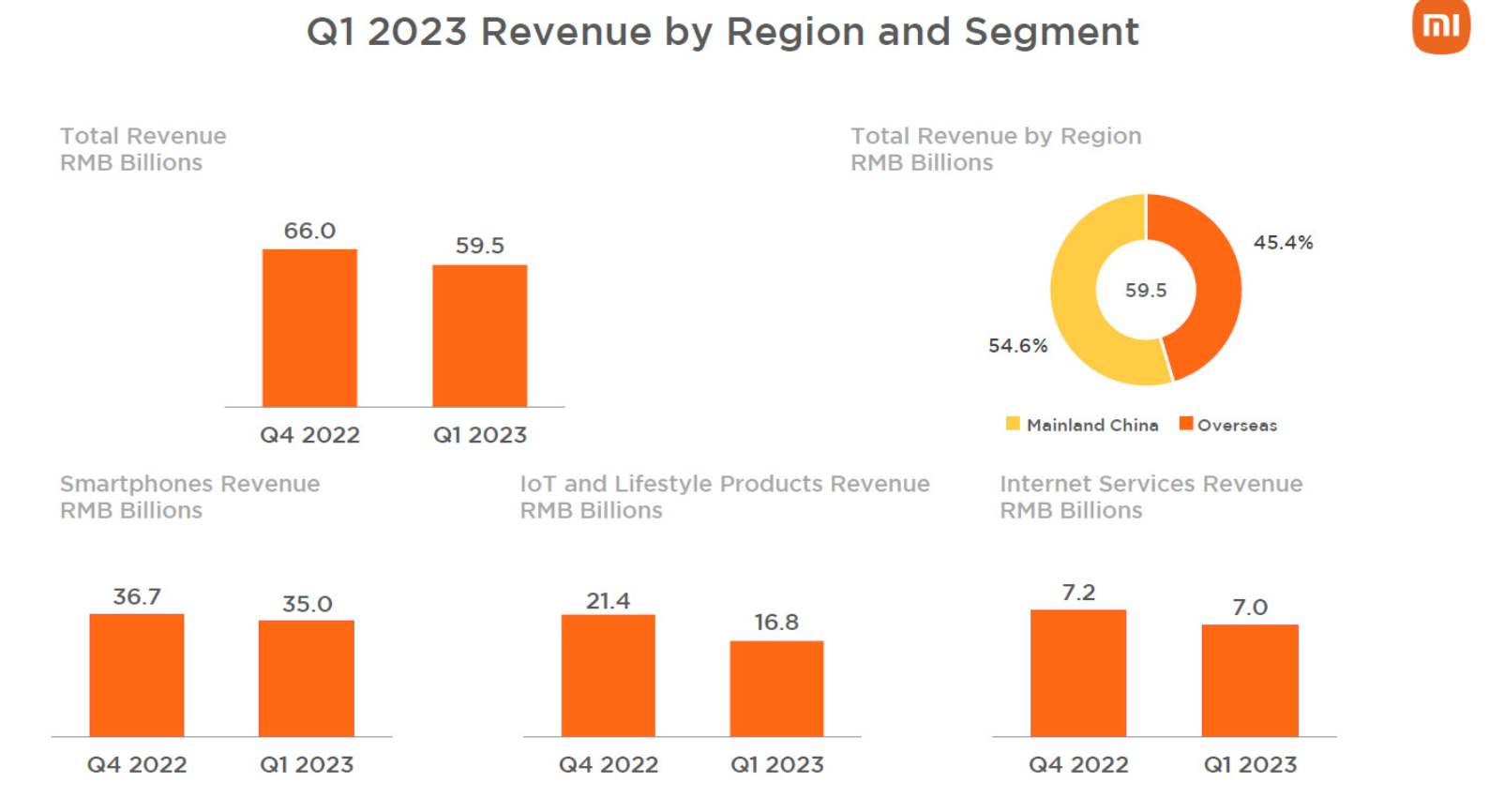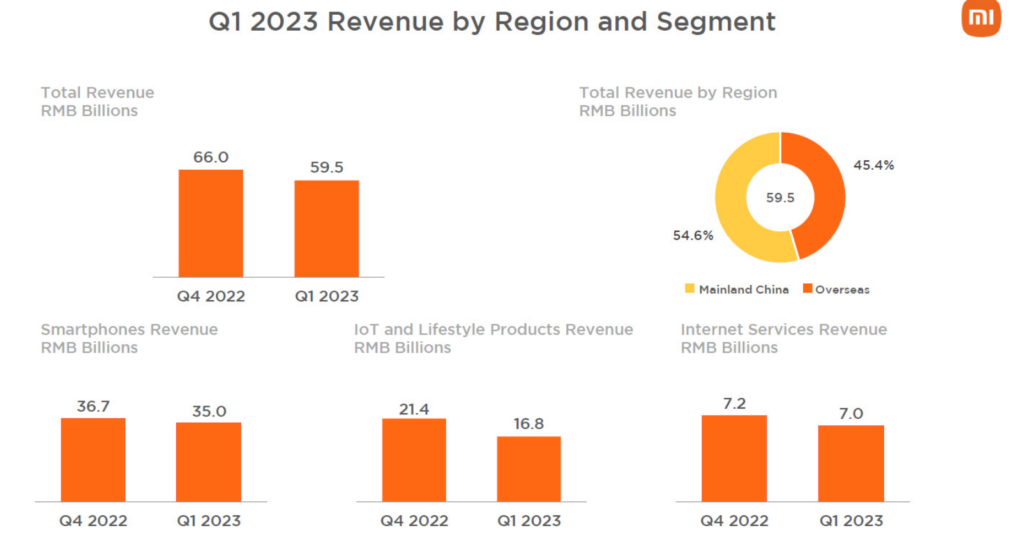Considered a key US ally in the region, Japan this week announced a bunch of export restrictions to China, with a focus on chip-making equipment. Japan insisted the move has got nothing to do with US pressure, and is instead only to stop chips being reappropriated for military use, but that’s hard to believe.
Meanwhile America’s other main East Asian ally, South Korea, this week pleaded with its geopolitical benefactor to let its chip companies expand their manufacturing capacity in China. Unsurprisingly, Korea doesn’t see why its companies should be impoverished in the name of US game-playing. Korean chip-makers came to the forefront this week after China banned US memory chip maker Micron, leaving Korean companies as the main alternatives for Chinese companies.
But this attempt to starve China of chips inevitably has an effect on US companies too. This week Nvidia shares experienced a massive spike after is CEO Jensen Huang expressed bullish sentiments about demand for its products in the company’s quarterly earnings report.
“The computer industry is going through two simultaneous transitions — accelerated computing and generative AI,” said Huang. “A trillion dollars of installed global data center infrastructure will transition from general purpose to accelerated computing as companies race to apply generative AI into every product, service and business process.
“Our entire data center family of products — H100, Grace CPU, Grace Hopper Superchip, NVLink, Quantum 400 InfiniBand and BlueField-3 DPU — is in production. We are significantly increasing our supply to meet surging demand for them.”
However, Huang also took the opportunity to warn that US actions against China risk “enormous damage to American companies”. In an interview with the FT he essentially urged US politicians to wind their necks in over China, a presumably forlorn hope. China clearly remains a very important market for Nvidia, such that it’s currently involved in a game of cat-and-mouse with the US authorities in order to keep selling into it.
The bad news for Nvidia and the rest of the US tech sector is that these sanctions seem to be having an effect. Radio Free Mobile observes that the Chinese economy is currently having a tricky time of it. While this is a result of many factors, American politicians are likely to be emboldened by an signs of Chinese weakness. Consumer tech company Xiaomi, which gets the majority of its revenues from China, revealed some pretty negative numbers this week.

Given China’s limited domestic chip competence, especially at the cutting edge, it would be surprising if the actions of America and its allies had no negative effect. But leaving aside the tenuous justification for a lot of these sanctions, there remains the very real possibility of this culminating in a pyrrhic victory in which the rest of the world ends up no less impoverished than China.
Source: telecoms.com





